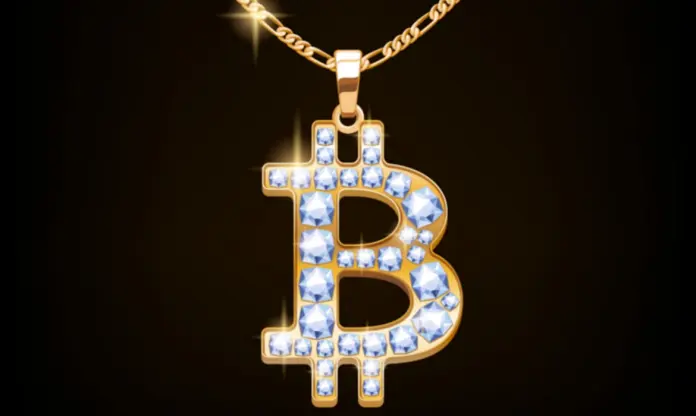There is no doubt that blockchain’s impact will be as great as the Internet’s a few decades ago or even greater. By implementing blockchain technology, many industries are radically changing their business models, and many others will follow. In a previous post, we discussed how blockchain can be revolutionary in art. In this blog entry, we

Don’t miss our content
SubscribeThere is no doubt that blockchain’s impact will be as great as the Internet’s a few decades ago or even greater. By implementing blockchain technology, many industries are radically changing their business models, and many others will follow. In a previous post, we discussed how blockchain can be revolutionary in art. In this blog entry, we recall that the introduction of blockchain technology can also revolutionize the fashion industry (it already has), especially in luxury fashion, allowing companies to enhance the security of supply chains.
The luxury segment suffers significant losses due to counterfeiting. It has become increasingly difficult to differentiate between original and counterfeit products, which not only affects brand image, but also consumer satisfaction, two of the most important intangibles for any firm. Counterfeiting becomes an even greater threat due to how the textile industry has developed; ever-appearing online stores and social media are generating immediate sales without intermediaries.
Blockchain technology can be a turning point, because it works as a ledger tracing products across the supply chain. Blockchain technology also prevents data manipulation with no need for intermediaries (such as financial institutions), guaranteeing value and ensuring authenticity both for manufacturers and consumers.
Using blockchain to fight counterfeiting
Since DNA Sciences and Everledger are aware of blockchain’s potential, they have joined forces to create a blockchain-based platform using tagging and authentication systems that provide information on the garment production process, including the raw materials used. This platform traces high-end fashion and leather items across the supply chain, from production to consumers.
Luxury firms refuse to fall behind, and many are already profiting from blockchain in their business models. LMVH, Consensys and Microsoft have developed a new platform called Aura, based on Ethereum blockchain technology. According to a press release from Consensys, this platform allows customers to access a lot of information on (i) product life cycle; (ii) product origin and components, including ethical and environmental information; (iii) instructions for product care, and (iv) after-sales and warranty services.
There are increasingly more companies and industries using blockchain technology to fight the threats to their products’ authenticity. For example, the United Kingdom loses almost £220 million per year due to counterfeit spirits. In response to this counterfeiting problem, Premium Ailsa Bay released blockchain-protected scotch whisky.
Blockchain technology is here to stay. As shown above, blockchain allows the creation of a product passport made up of a chain of blocks with encrypted, personal, non-transferable and unalterable information. This protects brands from counterfeit clothing, which is taking over the market. In sum, blockchain technology is a tool and a guarantee that brands cannot afford to miss out on.
Autora: Ana Sánchez
Don’t miss our content
Subscribe